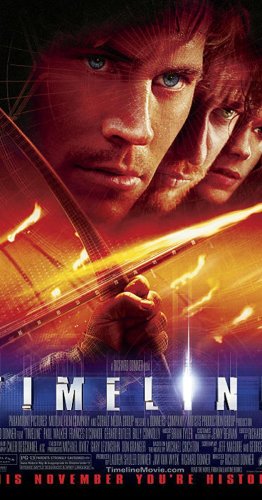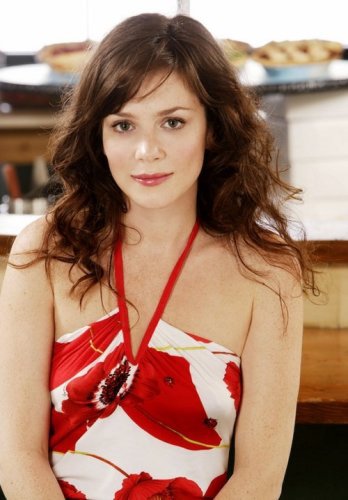| Fecha | Área | Bruto |
|---|---|---|
| 16 February 2004 | USA | USD 19,480,739 |
| 8 February 2004 | USA | USD 19,469,613 |
| 1 February 2004 | USA | USD 19,439,415 |
| 25 January 2004 | USA | USD 19,375,474 |
| 18 January 2004 | USA | USD 19,277,033 |
| 11 January 2004 | USA | USD 19,141,694 |
| 28 December 2003 | USA | USD 19,043,607 |
| 21 December 2003 | USA | USD 18,886,362 |
| 14 December 2003 | USA | USD 18,519,185 |
| 7 December 2003 | USA | USD 16,797,982 |
| 30 November 2003 | USA | USD 12,424,762 |
| USA | USD 19,481,943 | |
| 14 December 2003 | UK | GBP 553,869 |
| 7 December 2003 | UK | GBP 279,505 |
| Worldwide | USD 43,935,763 | |
| except USA | Worldwide | USD 24,453,820 |
| 22 August 2004 | Italy | EUR 2,220,691 |
| 25 July 2004 | Italy | EUR 1,641,753 |
| 18 July 2004 | Italy | EUR 1,215,378 |
| 11 July 2004 | Italy | EUR 627,996 |
| 21 December 2003 | Spain | EUR 1,467,770 |
| 14 December 2003 | Spain | EUR 1,271,472 |
| 7 December 2003 | Spain | EUR 625,104 |
| Fecha | Área | Bruto | Pantalla |
|---|---|---|---|
| 30 November 2003 | USA | USD 8,440,629 | 2,787 |
| 7 December 2003 | UK | GBP 279,505 | 270 |
| 6 February 2004 | Australia | USD 410,382 | 125 |
| 6 February 2004 | Brazil | USD 173,045 | 71 |
| 5 December 2003 | Europe | USD 1,031,361 | 549 |
| 11 July 2004 | Italy | EUR 549,289 | 258 |
| 16 January 2004 | Japan | USD 635,575 | 50 |
| 28 March 2004 | Netherlands | EUR 31,817 | 19 |
| 26 March 2004 | South Africa | USD 143,144 | 45 |
| 7 December 2003 | Spain | EUR 625,104 | 279 |
| Fecha | Área | Bruto | Pantalla |
|---|---|---|---|
| 16 February 2004 | USA | USD 5,106 | 12 |
| 8 February 2004 | USA | USD 16,627 | 54 |
| 1 February 2004 | USA | USD 39,018 | 98 |
| 25 January 2004 | USA | USD 69,132 | 136 |
| 18 January 2004 | USA | USD 128,952 | 165 |
| 11 January 2004 | USA | USD 16,338 | 96 |
| 28 December 2003 | USA | USD 49,665 | 320 |
| 21 December 2003 | USA | USD 135,474 | 620 |
| 14 December 2003 | USA | USD 869,644 | 1915 |
| 7 December 2003 | USA | USD 2,729,568 | 2,787 |
| 30 November 2003 | USA | USD 8,440,629 | 2,787 |
| 14 December 2003 | UK | GBP 147,391 | 272 |
| 7 December 2003 | UK | GBP 279,505 | 270 |
| 21 March 2004 | Germany | EUR 122,979 | |
| 22 August 2004 | Italy | EUR 16,392 | 37 |
| 25 July 2004 | Italy | EUR 256,908 | 172 |
| 18 July 2004 | Italy | EUR 293,533 | 255 |
| 28 March 2004 | Netherlands | EUR 31,817 | 19 |
| 21 December 2003 | Spain | EUR 131,780 | 202 |
| 14 December 2003 | Spain | EUR 345,371 | 274 |
| 7 December 2003 | Spain | EUR 625,104 | 279 |




David-Thewlis_7.jpg)






.jpg)





